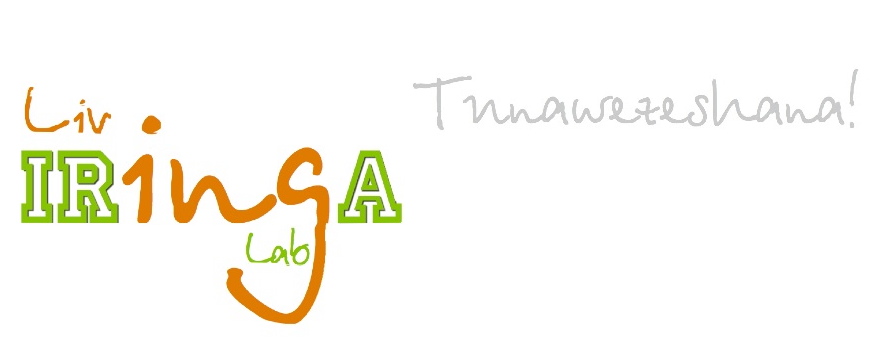That is a question a friend of
mine has been asking me for quite some time now. At Iringa Living lab, one of
our key programs is social media training. We teach people in our community how
to use these new technologies so they become part of the global village. But my
friend was not convinced with my answer. So I have been thinking how to explain
it better.
Then the following analogy came
to mind. Imagine this big mansion, with all kinds of good things inside (even
the bad of course), and every individual can access a key to enter and take
advantage of whatever is inside the mansion. But for some reason, some individuals
do not know where to get the key. Yet, if given the key, some may make use of
the opportunity to enter the mansion and get whatever they want.
To me that’s the world of
internet (the mansion). Every individual has the right to become a netizen. And there are endless opportunities of being a
netizen. Challenge is, there are many people who are not aware of how to become
one.
As Iringa Living Lab, we empower
our community to access the opportunities on internet. And we have learnt,
through our friends from Rlabs Capetown, that when you teach social media to people
who hitherto didn’t know how to use it, you have actually given them the key to
the “mansion”.
Of course, as my friend rightly
points out, we also have a role to show them around the mansion. Otherwise they
will have the key but fail to move around the rooms of opportunity. And yes, at
Iringa Living Lab, we have embraced that challenge. Social media is not the end
in itself but a key to open the door to endless opportunities.



















